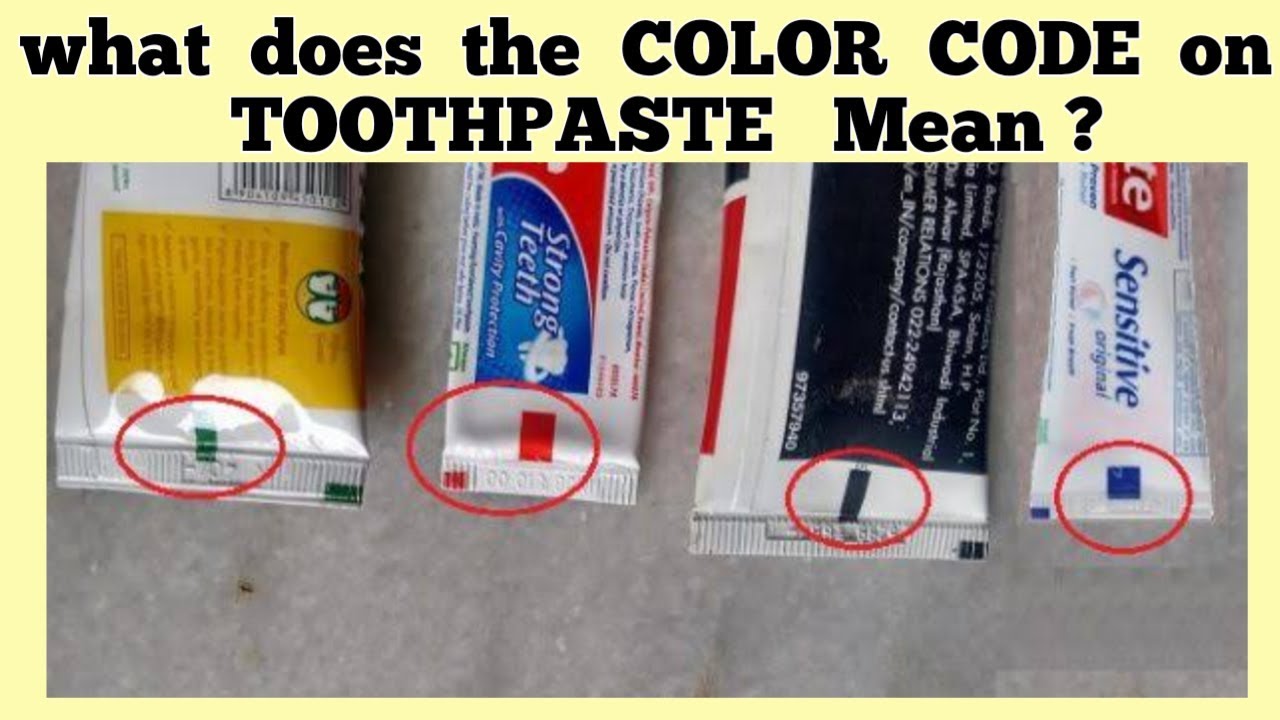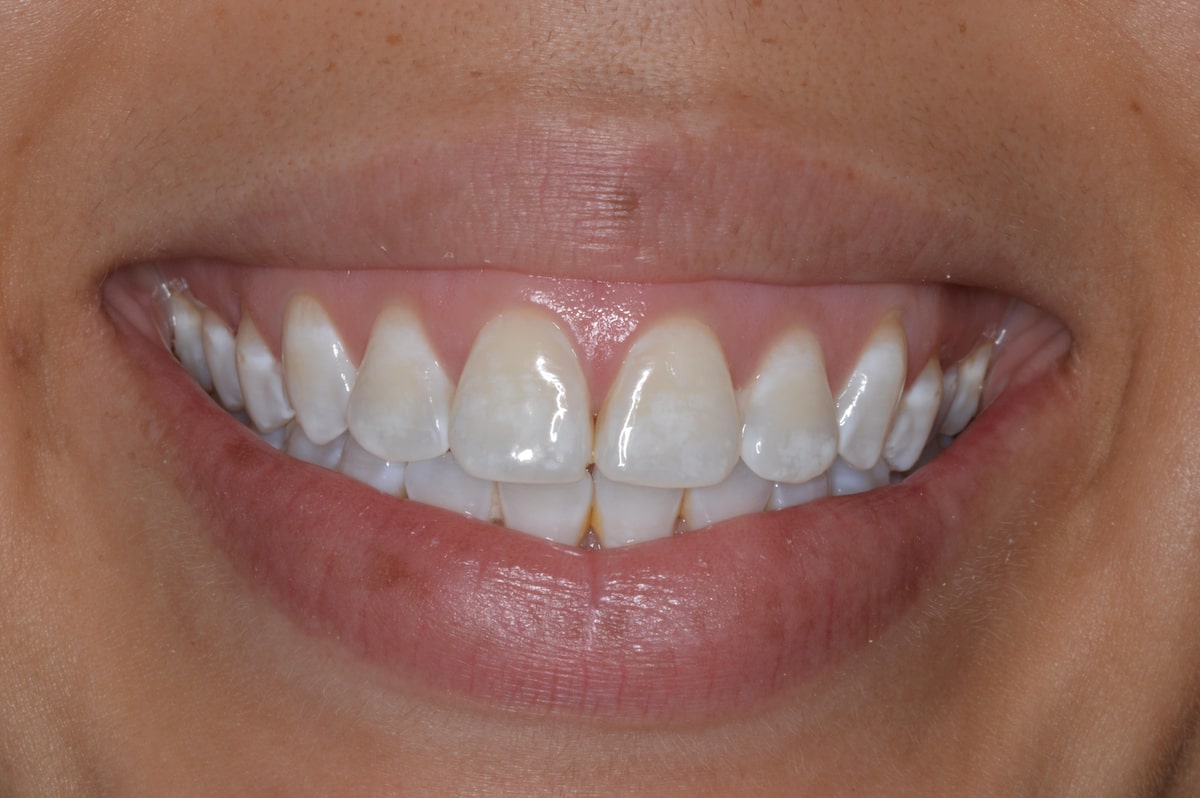How To Ease Sensitive Teeth In Pregnancy? Natural Remedies
Pregnancy is a time of great change for the body, and one of the less discussed but common issues many women face is tooth sensitivity. Hormonal fluctuations, particularly the increase in progesterone and estrogen, can lead to changes in the gums and teeth, making them more sensitive. Additionally, the heightened acidity in the mouth due to morning sickness can further contribute to tooth sensitivity. Managing sensitive teeth during pregnancy requires a combination of good oral hygiene practices, dietary adjustments, and utilizing natural remedies that are safe for both the mother and the developing fetus.
Understanding Sensitive Teeth
Before diving into the remedies, it’s essential to understand the causes of sensitive teeth during pregnancy. The primary reasons include:
- Hormonal Changes: The surge in hormones can cause the gums to recede, exposing the roots of the teeth, which are more sensitive.
- Gingivitis and Gum Disease: Increased progesterone can lead to inflammation of the gums, making them more susceptible to disease.
- Acid Erosion: Frequent vomiting can erode the enamel, exposing the dentin and causing sensitivity.
Natural Remedies for Sensitive Teeth
- Desensitizing Toothpaste: Using toothpaste specifically designed for sensitive teeth can help block the dentin tubules, reducing sensitivity. Look for toothpastes with potassium nitrate or strontium chloride.
- Salt Water Rinse: Rinsing your mouth with warm salt water several times a day can help reduce inflammation and kill bacteria. Mix 1 teaspoon of salt in a cup of warm water.
- Hydrogen Peroxide Mouthwash: Diluted hydrogen peroxide can help reduce plaque and bacteria, but it’s crucial to dilute it with water (50⁄50) to avoid damaging the tooth enamel or irritating the gums.
- Cloves or Clove Oil: Cloves contain eugenol, a natural analgesic that can help alleviate tooth pain. You can apply a few drops of clove oil to a cotton ball and place it on the affected tooth, or chew a whole clove near the sensitive area.
- Aloe Vera: Applying aloe vera gel to the sensitive area can help soothe the nerves and reduce inflammation. Aloe vera is known for its anti-inflammatory properties.
- Dietary Changes: Avoiding hot, cold, sweet, or acidic foods and drinks can help minimize sensitivity. Sticking to a balanced diet that’s rich in calcium and vitamins can also support oral health.
- Regular Dental Care: Regular brushing with a soft-bristled toothbrush and fluoride toothpaste, flossing once a day, and visiting your dentist for check-ups can help prevent and manage tooth sensitivity.
Preventative Measures
Prevention is key, especially during pregnancy when the body is more prone to oral health issues.
- Regular Dental Check-Ups: Schedule a dental check-up early in your pregnancy to ensure your teeth and gums are healthy. Your dentist can provide personalized advice and treatments.
- Good Oral Hygiene: Maintain meticulous oral hygiene habits, including brushing at least twice a day and flossing once a day.
- Balanced Diet: Eating a diet rich in fruits, vegetables, and whole grains can support your overall health, including your oral health.
- Avoiding Sugary and Acidic Foods: Limit your intake of sugary and acidic foods and drinks to reduce the risk of tooth decay and sensitivity.
FAQ Section
Can I use any desensitizing toothpaste during pregnancy?
+It's recommended to consult your dentist before using any new toothpaste, especially during pregnancy. However, most desensitizing toothpastes are safe, but always check the ingredients and follow the instructions.
How often should I visit my dentist during pregnancy?
+It's advisable to schedule a dental check-up as soon as you find out you're pregnant and then follow your dentist's recommendation for follow-up visits. Typically, a visit during the second trimester is recommended unless you have specific oral health concerns.
Can Gingivitis during pregnancy affect my baby?
+Research suggests that there may be a link between gum disease and preterm birth or low birth weight. Therefore, maintaining good oral health during pregnancy is not only important for your health but also for the well-being of your baby.
Are there any home remedies for tooth sensitivity during pregnancy?
+Yes, there are several home remedies that can help alleviate tooth sensitivity, including using desensitizing toothpaste, rinsing with salt water, and applying clove oil. Always consult with your dentist or healthcare provider before trying any new remedies, especially during pregnancy.
Managing sensitive teeth during pregnancy requires patience, good oral hygiene, and possibly incorporating some natural remedies into your daily routine. Always prioritize consulting with healthcare professionals for personalized advice to ensure the best outcome for both you and your baby. By taking proactive steps towards maintaining your oral health, you can enjoy a healthier, happier pregnancy.

